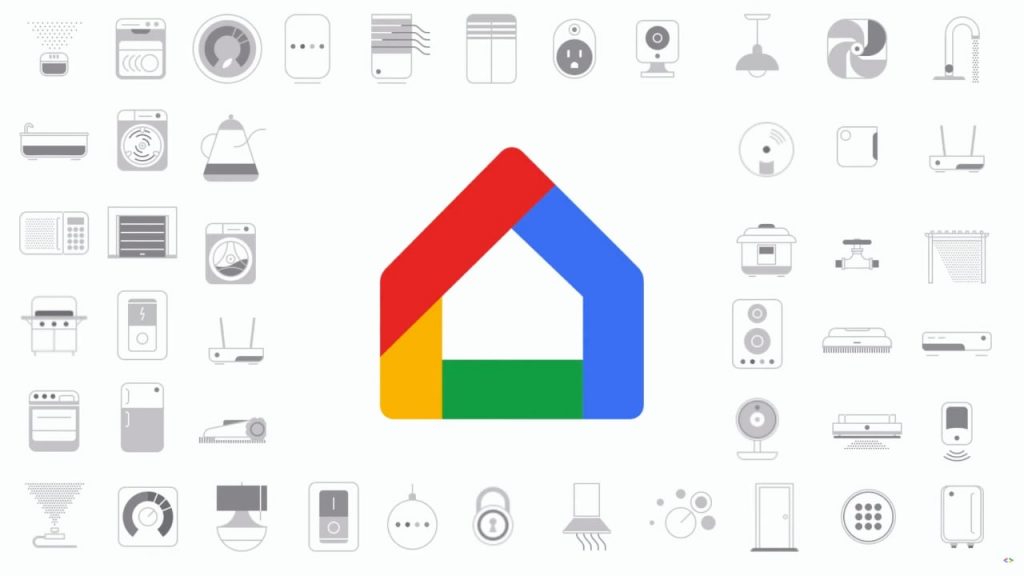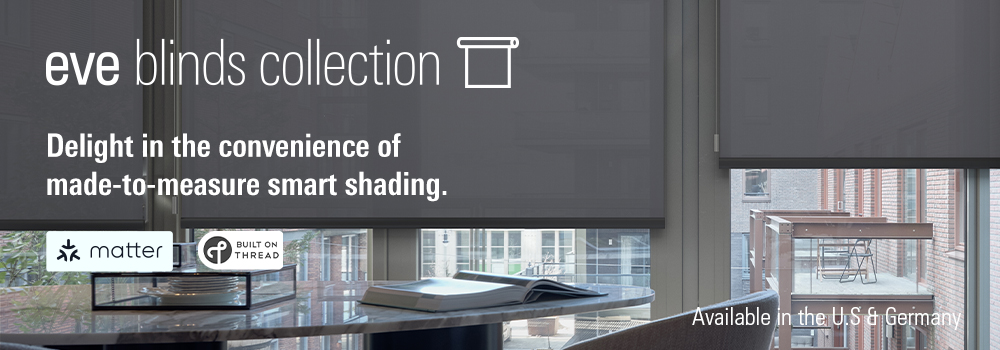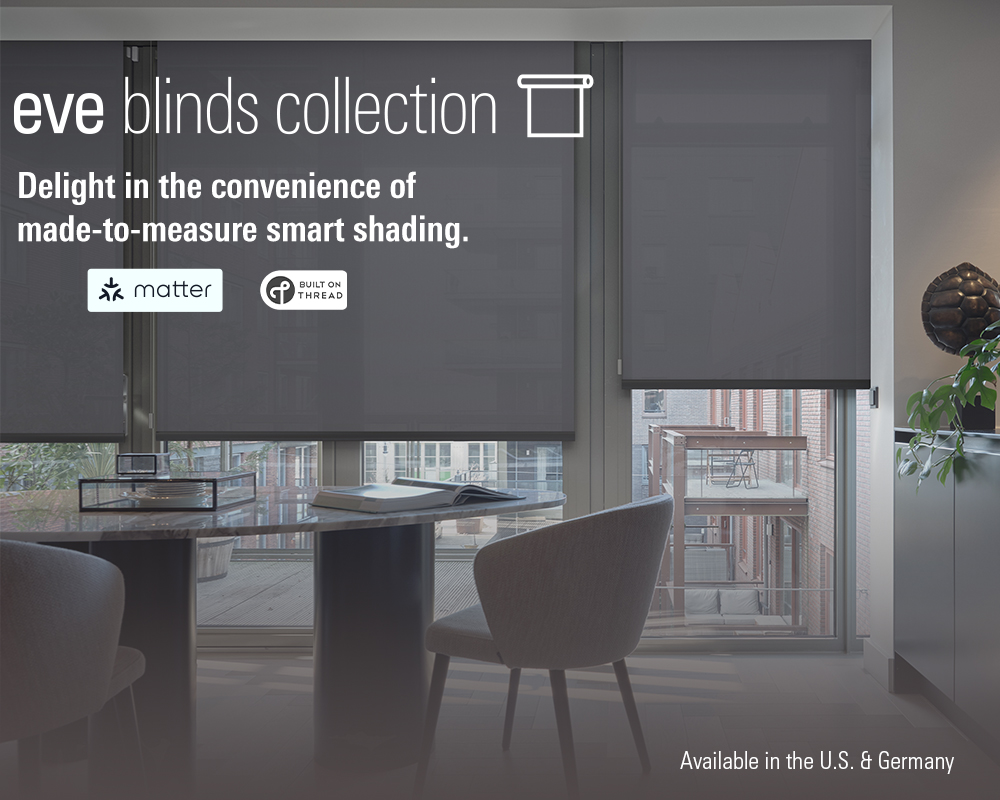Of the major platform operators that have committed to the new smart home standard Matter, Google seems to be setting the fastest pace. At least the company is the most open about its preparations. Another sneak peek of the upcoming Matter integration was provided by the Smart Home Developer Summit on October 21st and 22nd (link).
During the sessions, Google showed for the first time in more detail what its support will look like in practice. Basically, the company is completely restructuring its developer tools for smart home products, bundling them and placing them on a new foundation. This foundation also includes Matter. This should make it particularly easy for manufacturers to develop and test products with the new standard and keep them up to date via software updates.
Developer tools, tuned to Matter
A number of measures will accompany the launch of the technology starting in spring 2022. These include:
- A new Google Home Developer Center on the Internet (link). It bundles all resources for the development of Matter products on one website. In addition to instructions and support documents, the so-called console can also be found here. It reflects the development history of a product step by step – from software development to inviting external testers by email and certification to market launch. Later software updates are also to be managed via the console and distributed to installed devices.
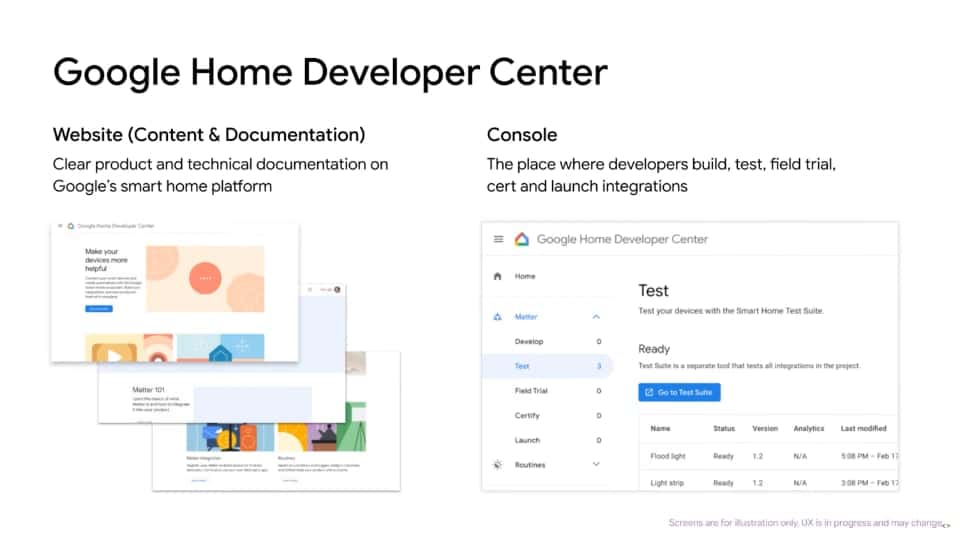
- The Google Home Device SDK is Google’s central programming tool for hardware products and is supposed to be compliant with the Matter specifications. This means that device software created with it automatically becomes Matter-compatible. However, the SDK also offers functions that go beyond the new standard and fully exploit the Google ecosystem. This will not be possible with Matter alone for the time being – if only for the simple reason that Google supports many more product categories. As it was said at the summit, the Matter platform only knows lamps, door locks and bridges so far. By the time the final Matter SDK is released in the first half of 2022, more device types will be added.
- The Google Home Mobile SDK helps writing Matter-compatible smartphone apps. With its help, software developers can integrate the technology into their Android programs. They benefit from the fact that Google takes over the setup process. The commissioning of devices is completely integrated into the operating system – similar to Apple and iOS. The so-called Play Services are responsible for this under Android. That means: When adding new devices, a window opens with the live image of the smartphone camera. Here, the Matter code can be scanned, and a name and room can be specified. After that, the screen switches back to the program of the device provider – or to the Google Home app for further control.
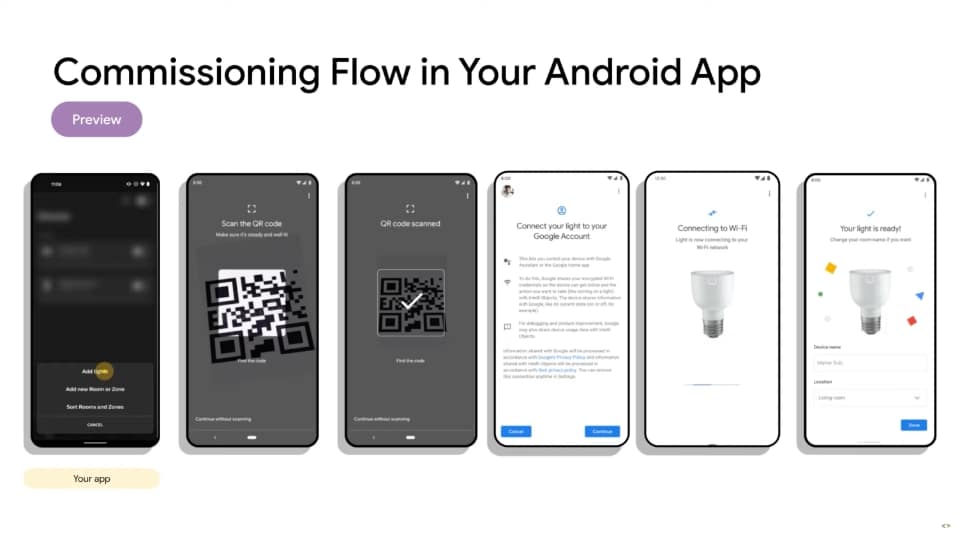
- Suggested routines do not have anything to do directly with Matter, but they take Google’s ecosystem a big step further. Until now, the possibilities for automation have been very limited. Only voice commands, timers or users leaving or coming home can serve as triggers. Motion detectors and other sensors do not start routines. The operating status of a device is also not an option as a trigger. That will change with the new tools in spring 2022. Developers will then be able to give their products prepared routines. They will appear as suggestions on the screen and, for example, dim the light when the TV is switched on.
A clear commitment to Matter
Anyone who still had doubts about how serious Google is about the new standard was proven wrong at the Smart Home Developer Summit. The U.S. company is sending a clear signal and promoting the new technology to developers. So far, only Apple has been similarly clear – if not quite as enthusiastic – with statements at WWDC 21. However, Matter does not mean such a big step in the functional scope for Apple. The HomeKit inventor already has a smart home ecosystem with powerful automation. Google Assistant and the Google Home app still lack that.
On the other hand, Amazon is keeping a rather low profile. After an initial announcement in July 2021, there was no more talk of Matter. The standard does not seem to play a major role in the recently introduced Alexa Connect Kit SDK either (link). Samsung is even more reserved with its SmartThings platform. Although it was a founding member of the Matter initiative (then still called Connected Home over IP, or CHIP for short), SmartThings has not yet announced anything about it. So it is quite possible that the big four are heading into the smart home future at different paces.
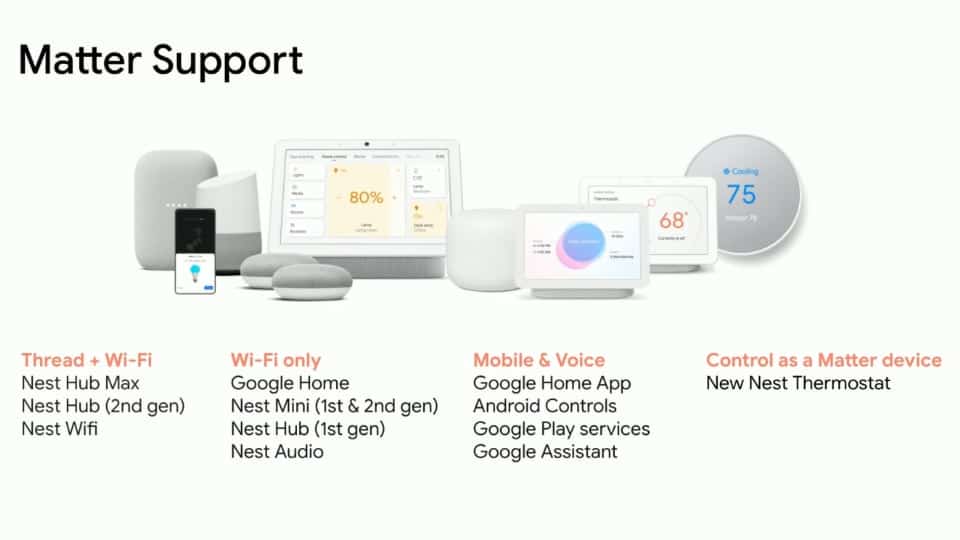
Share this information:
